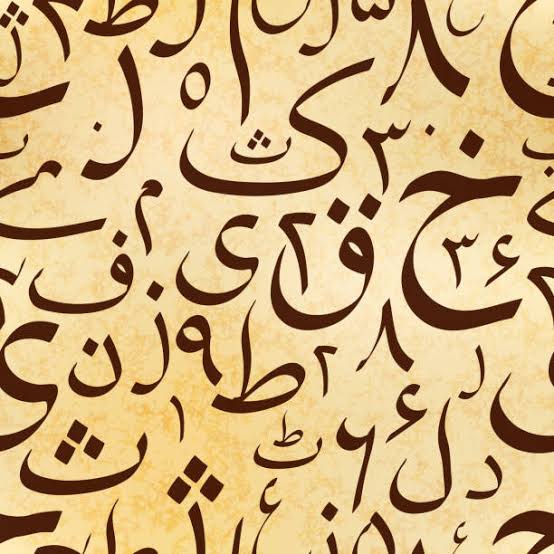The progressive devaluation of Urdu is part of a greater design to rewrite our history.
Sanjay Kapoor
This year, Urdu journalism turned 200 (years) at a difficult time in its tumultuous evolution. As the language is being identified with a religion, the majoritarian beliefs and flawed perception about what can foster nationalism are smothering Urdu in a manner that the study and understanding of our collective past is getting increasingly threatened.
The progressive devaluation of Urdu is part of a greater design to rewrite our history and make light of the contribution of people belonging to the minority community in our fight against the British colonialists. This is considered necessary as we, as a nation, embark on changing our icons and rediscovering those personalities that had little or no role to play in ousting the Britishers and lending shape to a syncretic society.
So, Tipu Sultan, who valiantly fought the British, has to be demonized. The role of the first war of independence that coalesced the opposition to British India is diminished. And there is a lot more. In many states like UP, for instance, Urdu media is being starved of advertising. Simultaneously, there is pressure on the Urdu ecosystem to limit its reach to ordinary people. Madrasas are being subjected to audit, many of them closed down and their teachers are not getting salaries. In these circumstances, how do Urdu publications find teachers and even students? A writer lamented some years ago that every time he saw a funeral of a Muslim he knew that one more Urdu reader had gone without being replaced by anyone.
It was not like this after the trauma of the Partition had lessened and Bombay film industry took to Urdu for its lyrical flow and ease at which it adapted to romantic scripts. Also, it was a language of the elite and hence people aspired to read, write and memorise its poetry. New India’s identity was shaped around the use of a language that was spoken all over the country and it grew with the growth of the media. Simultaneously, the Hindi language also grew, which was sanskritised and crafted under the supervision as a language at Fort William by the British to diminish Urdu, which was also the language of inquilab–revolution. However, Hindi could never be used colloquially and remained in use for administrative purposes.
Ever since the BJP government came to power in Delhi, efforts at imposing the Hindi language have acquired an urgency, which was not seen in the past. A home ministry committee has suggested its speedy implementation much to the chagrin of the speakers of other languages. It is possible that in this conflict between Hindi and the regional languages, Urdu may become a collateral damage as it is not identified with a region, but with a community whose influence is challenged in everything – food, music and reading of the past.
At a conference organized by the Maulana Azad National Urdu University (MUNA) a few days back, there was understandable melancholy at the manner in which the Urdu language and journalism are losing ground. An attempt to establish its secular credentials was made by speakers including noted Urdu poet Hasan Kamal and author Kamna Prasad who is behind Jashn-e-Bahar, an NGO dedicated to the cause of promoting Urdu, explaining that it was not the language of the Muslims. Prasad brought out the fact that the first Urdu paper in the country was started by a Brahmin and so did the first Persian publication. Others suggested that what was being suggested as Urdu was basically the spoken Hindi with some Urdu words, so it was wrong to say that it was losing ground. Other speakers feared that without the language becoming the language of the commerce, it might be difficult for it to survive. There may be a kernel of truth in this as there are no advertisements made for the Urdu press and there are no journalists who report commerce for any publication. It was felt that Urdu press would have to keep up with the times and the journalists, whether they were in print or TV, would have to build their credibility for readers to listen to them.
Be that as it may, there is a serious existential challenge the language is facing in India. The worry for many is that due to the support the language is getting in Pakistan where it enjoys the status of a national language, it may get confined to our neighboring country thus feeding the stereotype that it is indeed the spoken language of the Muslim community. It will be a pity if that happens as it will only serve those who are in the business of rewriting our past.
Sanjay Kapoor is the editor of the New Delhi-based Hardnews magazine and General Secretary of the Editors Guild of India.
